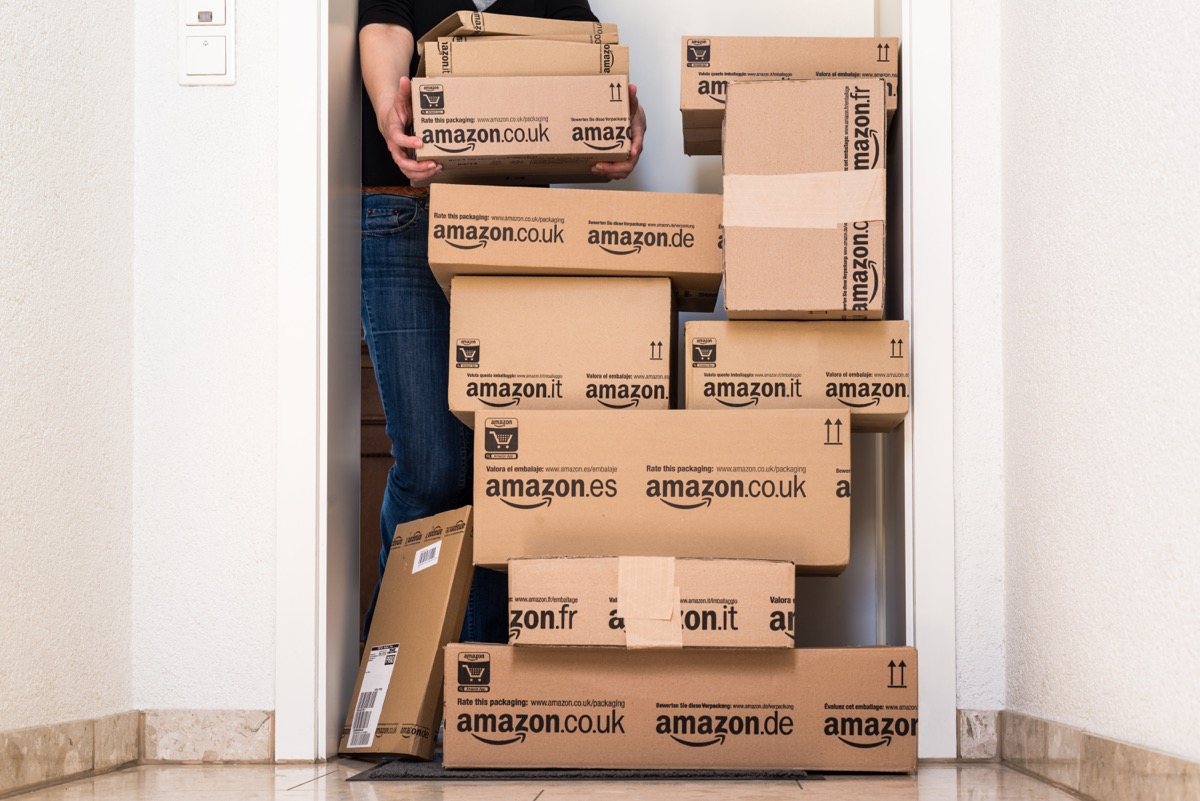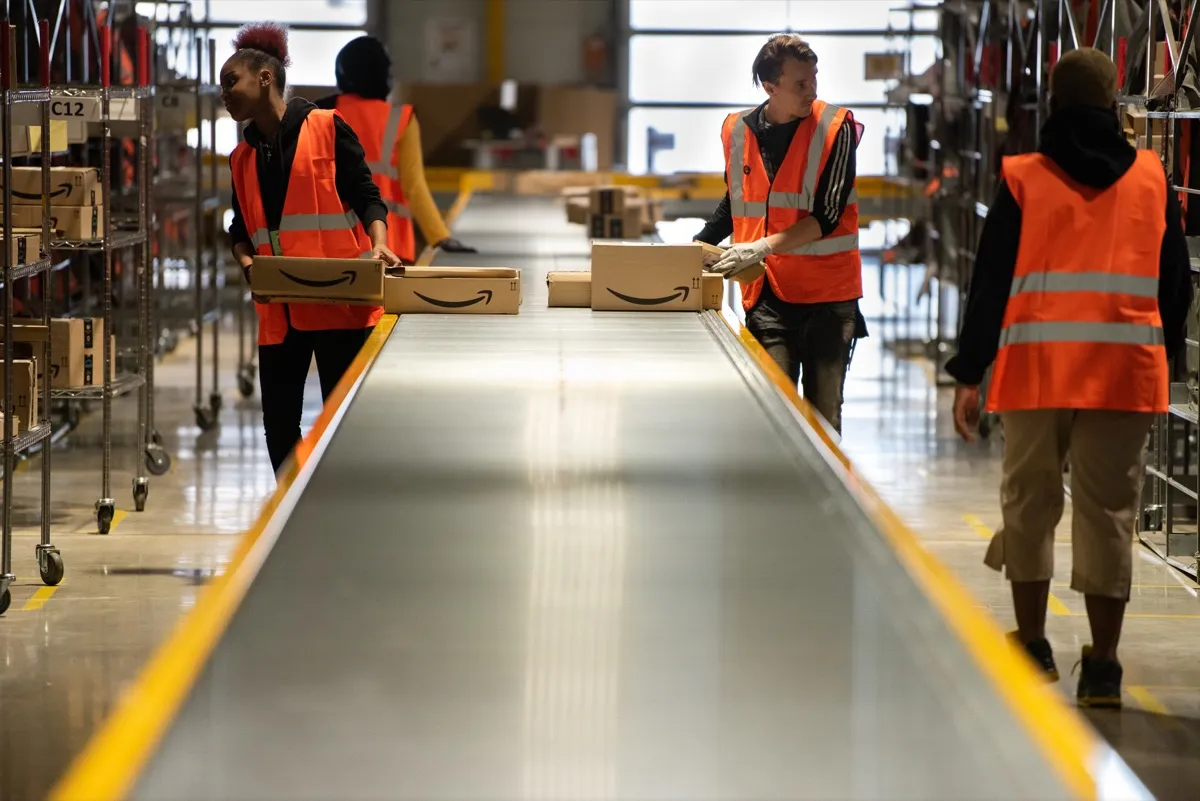CNN notes that there are essentially two main kinds of fake reviews, the first are from bots, and the other are promotional, written by people being compensated for their high praise. According to CNN, Khalifah says that the former are “fairly easy for third-party algorithms like Fakespot to find and weed out thanks to their awkward, keyword-studded sentences.” As for the latter, Khalifah says they’re a little trickier—and while they can be found on any product, they tend to be prevalent on phone accessories, electronics, and small appliances in particular. According to Khalifah, unreliable reviews spread as the demand for personal protective equipment rose this year. One face mask rated 3.9 stars had a review left by a user who claimed to have assessed nine products that same day and over 1,300 in total. Khalifah said that this was a clear sign of “obviously fake” reviews, as “no one has time to review that many products.”





